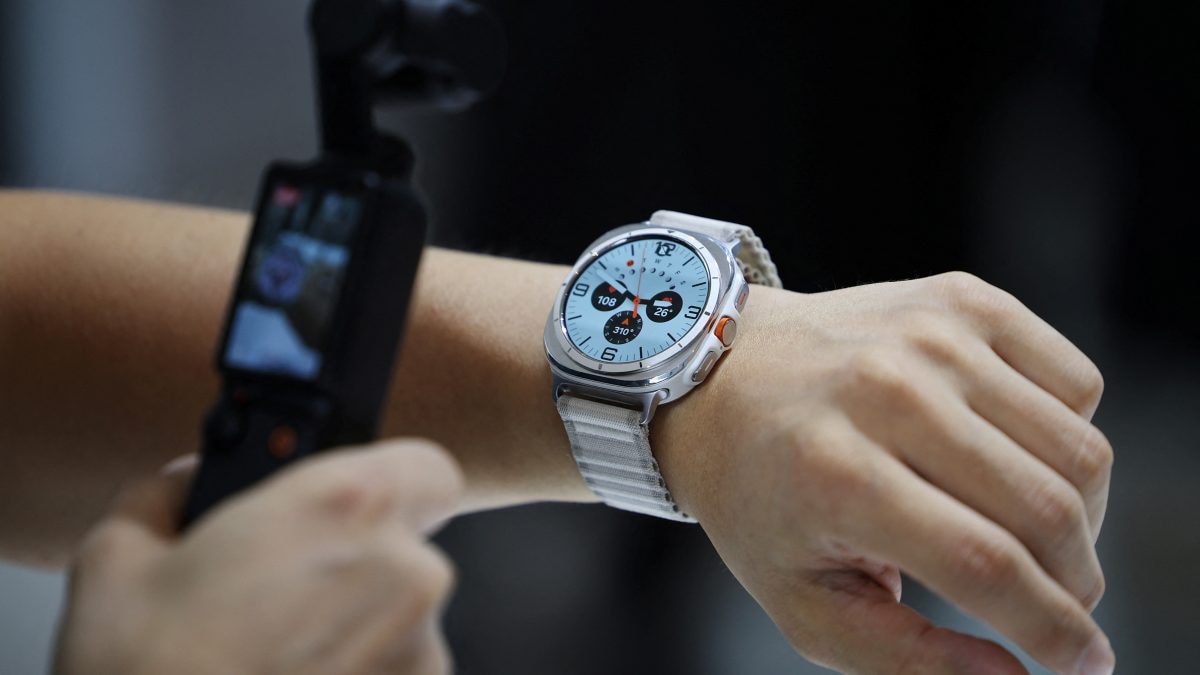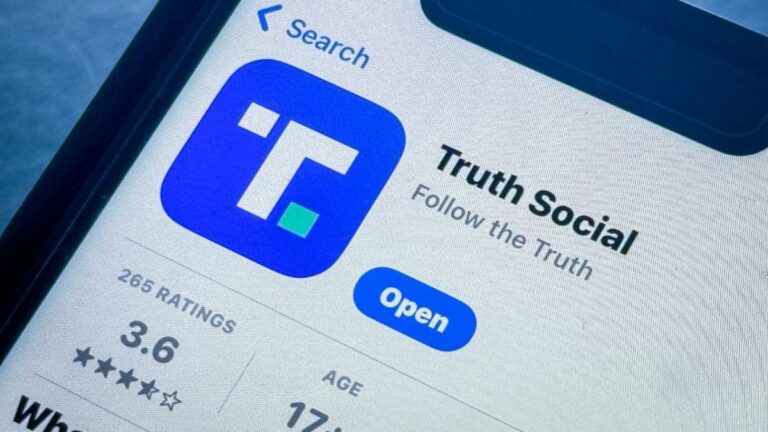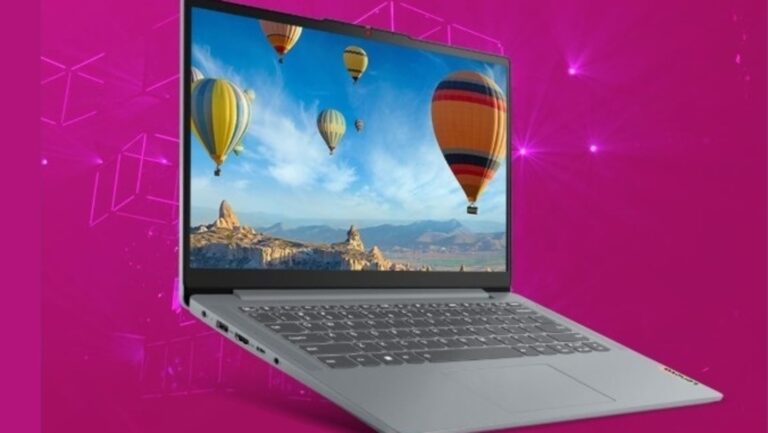Samsung’s strategy involves collecting data from its Galaxy smartwatches, such as fitness metrics and sleep tracking, and integrating it into a centralized system
read more
Samsung Electronics is working on a new platform that would allow users to share health data directly with their doctors between appointments, aiming to streamline communication and enhance long-term care management.
Closing the follow-through gap
Doctors frequently provide health or fitness advice during appointments, but patients don’t always retain or act on the guidance.
Dr. Hon Pak, head of Samsung’s digital health team, said the initiative is designed to address the disconnect that often occurs after medical visits. The goal is to keep users engaged with their treatment plans and help translate medical recommendations into daily habits.
Unified platform for watch data
Samsung’s strategy involves collecting data from its smartwatches, such as fitness metrics and sleep tracking, and integrating it into a centralized system. The system would send reminders or prompts based on a doctor’s guidance, potentially helping patients stay aligned with their care goals. The company says it wants to reduce reliance on multiple apps by building a more cohesive experience.
Rising competition in health tech
The move positions Samsung alongside competitors like Apple, Google, and Garmin, who are rapidly expanding their wearable health capabilities. These devices, once focused on convenience and fitness, are increasingly being used for sleep monitoring, heart health tracking, and other wellness metrics.
Targeting next-gen sensors
Though the new doctor-data hub is still in development, Samsung has already announced several updates for existing Galaxy Watch models. As part of the One UI 8 beta, new features will include tools to assess antioxidant levels and vascular load, as well as upgraded sleep coaching and a personalized running coach.
The antioxidant tracker will use sensors to analyse fingertip readings and may suggest dietary improvements. The vascular load feature monitors overnight pulse waves to help assess cardiovascular strain and potential stroke risk.
Looking ahead, Samsung is also exploring more advanced, non-invasive health tracking technologies, such as cuffless blood pressure monitoring and blood glucose measurement, though those remain in the research stage and are likely years away from commercial rollout.
Dr. Pak emphasized that the shift toward at-home health tools reflects broader trends, including rising rates of chronic illness and increasing pressure on health systems.
“The burden is now on the patients and the families that have to provide that care,” he said. “So with that, we have to be in the home.”
Currently, Samsung Health has around 68 million monthly active users. Future health features could also extend to other Samsung devices such as earbuds, as the company continues to grow its footprint in digital wellness.





















